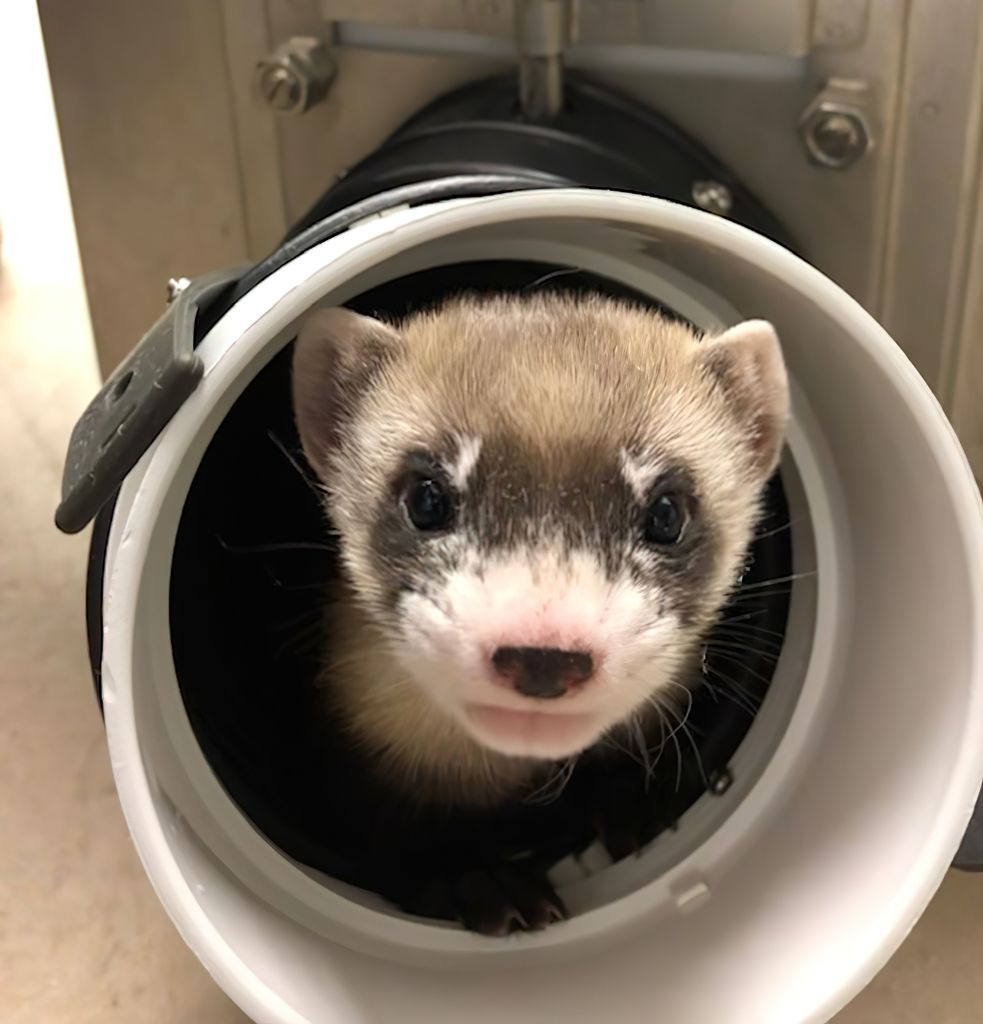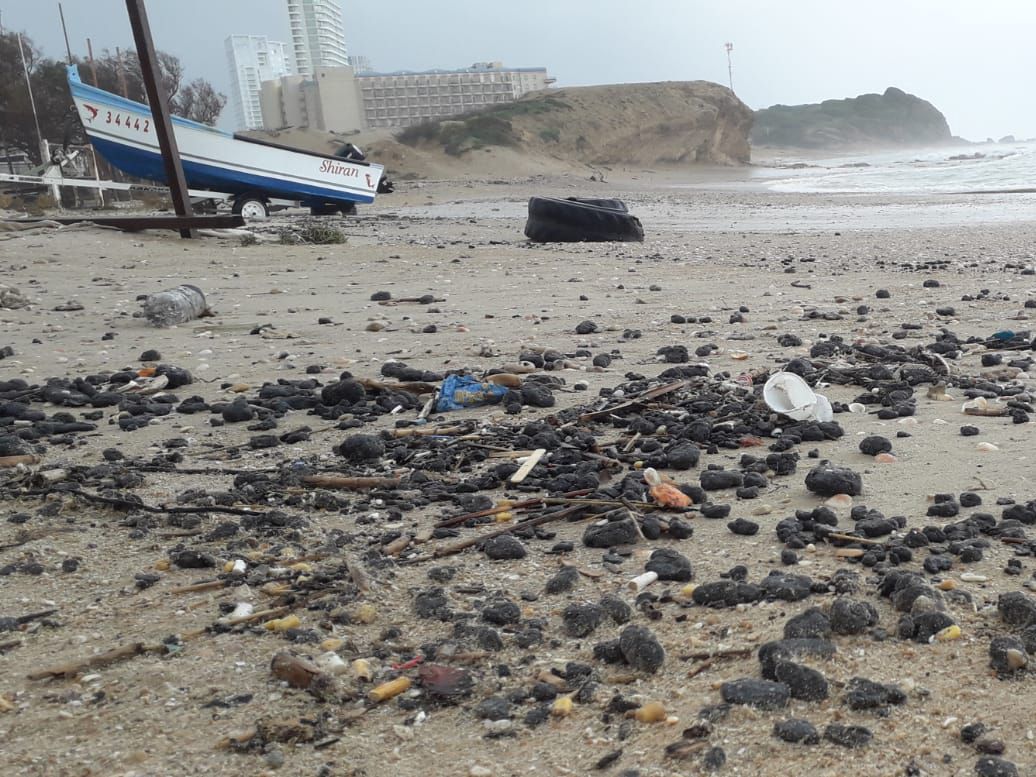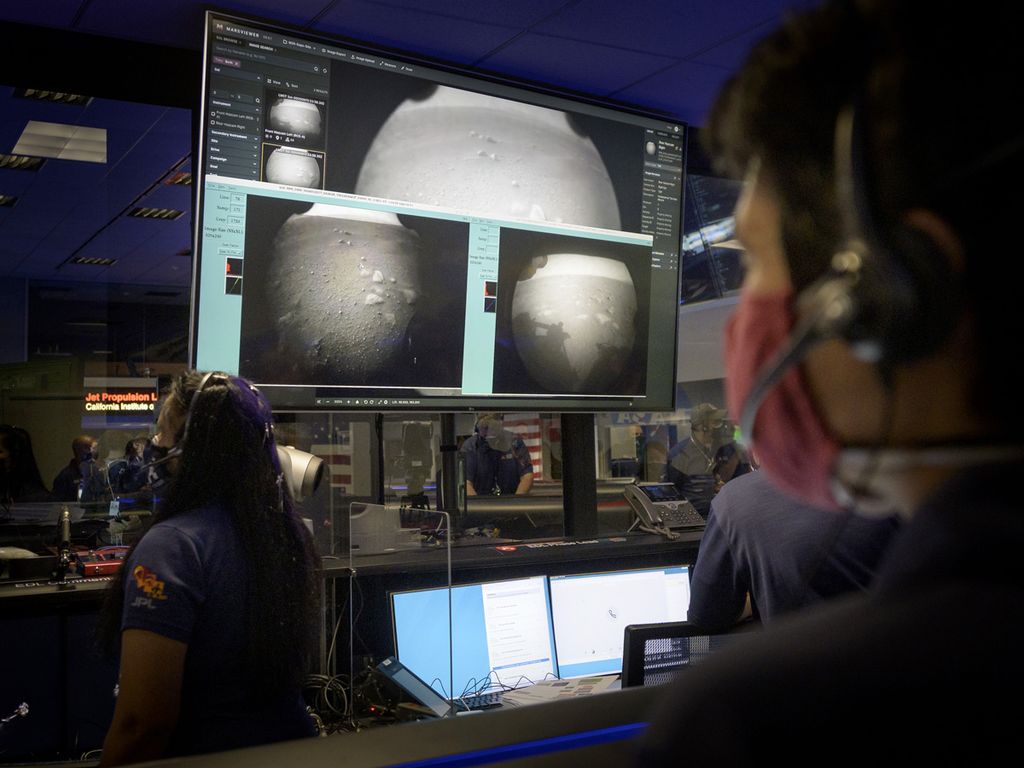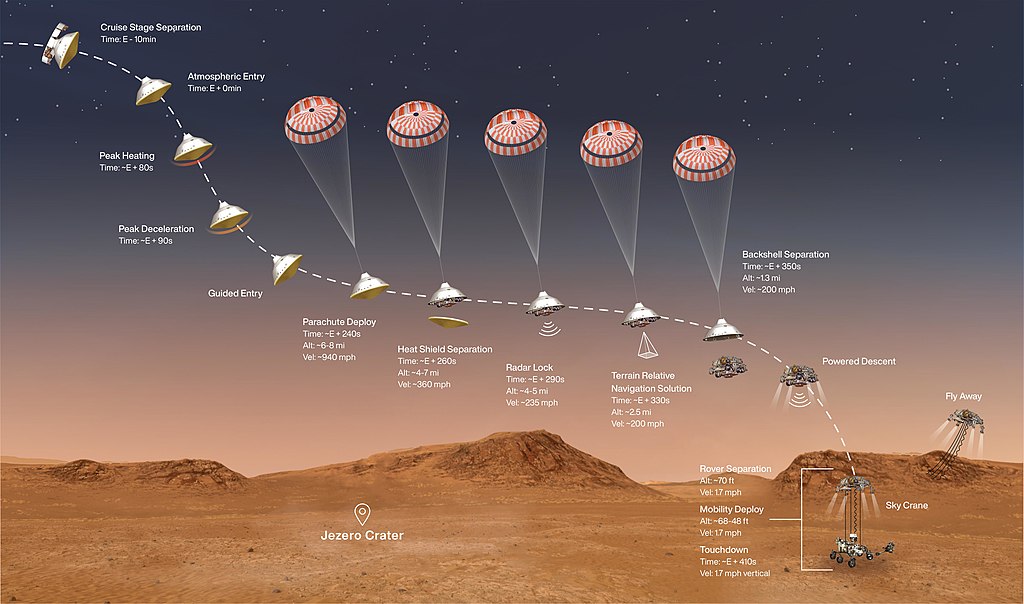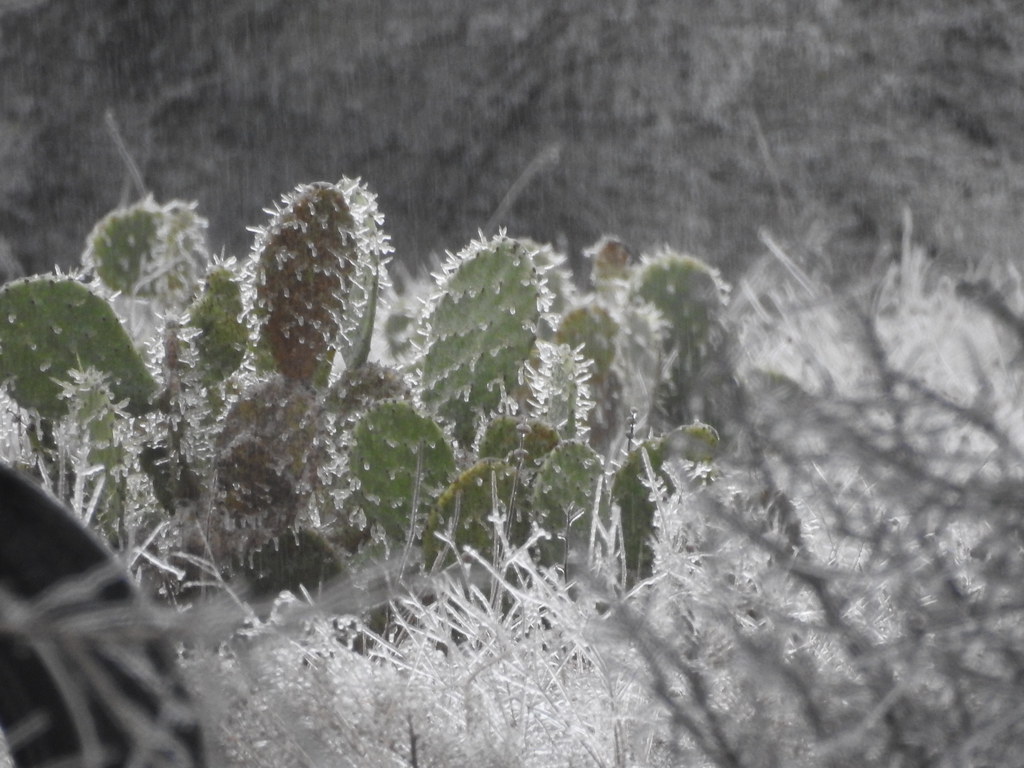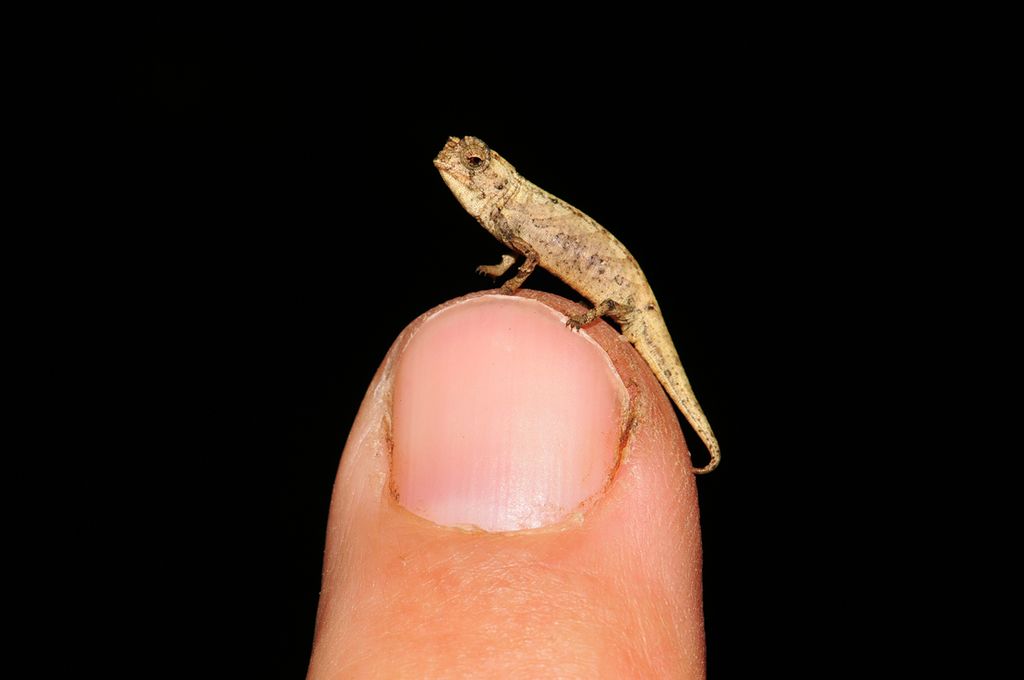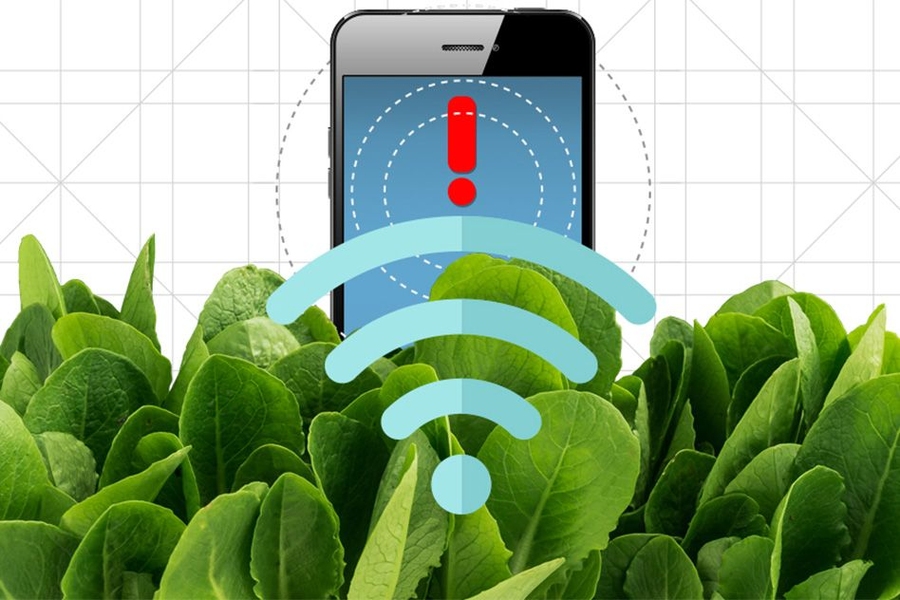Scientists have created a healthy clone of a black-footed ferret by using DNA from a ferret that died over 30 years ago. They hope the cloned animal will improve the chances of survival for these endangered ferrets.
Published in “Science”
An oil spill has left most of Israel's coastline covered with large globs of tar. The spill - the country's worst in many years - has caused the government to close its beaches. A huge cleanup operation has begun.
In today's news roundup, Ngozi Okonjo-Iweala becomes the first woman and the first African to lead the WTO, Greece gets hit by cold weather and heavy snow, and Coca-Cola will test selling drinks in paper bottles this summer.
NASA’s Perseverance rover touched ground safely on Mars Yesterday. NASA is now going through tests of the Perseverance to make sure everything is working well.
This afternoon, NASA expects its Perseverance spacecraft to land on Mars. Landing safely will be an incredible challenge. But if it goes well, the mission could tell us about possible life on Mars, and test out several new inventions.
Much of the United States is locked in the grip of an unusually large and extremely cold winter storm. The storm has brought bad weather, super-cold temperatures, power cuts, and transportation problems. About half of all Americans are affected.
Two spacecraft from Earth reached Mars this week - one from the United Arab Emirates, and the other from China. The missions, which launched last July, take on big, new challenges for their countries. A US spacecraft should arrive on February 18.
Scientists have discovered a tiny chameleon from Madagascar that may be the world's smallest reptile. The chameleon is small enough to easily sit on a fingertip. Only two have ever been spotted - one male and one female.
All around the world, there are strong signs that the days of fossil fuels like oil and coal may be coming to an end, as the world shifts to power sources that are easier on the environment.
In today's news roundup, Captain Tom, who inspired Britain, has passed away at the age of 100, a company called bluShift has launched a rocket powered by biofuel, and a woman is caught trying to sneak cactuses into New Zealand - by wearing them.
Scientists at MIT have managed to change ordinary spinach plants into natural sensors which can detect chemicals used in bombs. Using a cheap and small computer system, the spinach can even trigger a warning email.

